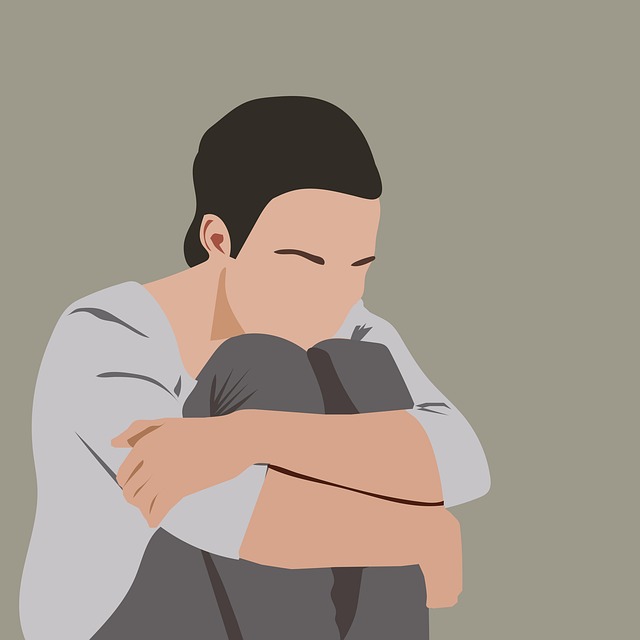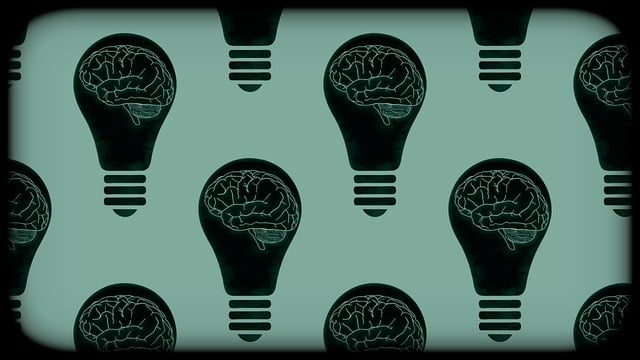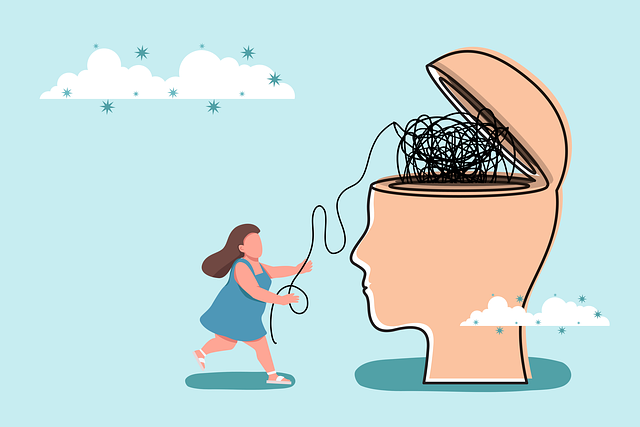Trauma impacts individuals across their lifespan, with distinct challenges for young children and geriatrics. For younger individuals, play and art therapy address fear or aggressive behaviors through non-verbal expression. Geriatrics face social withdrawal and cognitive impairment due to past traumas, benefiting from mindfulness meditation, journaling, and tailored interventions focusing on compassion cultivation. Age-appropriate support, including Mental Wellness Coaching, fosters resilience and holistic mental wellness for all demographics, from young children to seniors.
Trauma support services are vital in addressing the profound impact of traumatic events on individuals across various age groups. This article explores the critical role of specialized therapy approaches tailored for young children and geriatrics, who often exhibit unique challenges in processing trauma. We delve into effective service provision strategies that optimize trauma support, emphasizing the importance of age-appropriate interventions. By understanding the specific needs of these demographics, healthcare professionals can offer compassionate care, fostering healing and resilience.
- Understanding Trauma and Its Impact on Different Age Groups
- Specialized Therapy Approaches for Young Children and Geriatrics
- Effective Service Provision Strategies for Optimal Trauma Support
Understanding Trauma and Its Impact on Different Age Groups

Trauma is a profound and complex experience that can profoundly affect individuals across their lifespan. Its impact varies significantly based on age, with young children and geriatrics presenting unique challenges and needs when it comes to support and healing. For younger individuals, trauma may manifest as fear, anxiety, or aggressive behaviors, often stemming from abuse, neglect, or sudden loss. Effective support for these vulnerable populations involves specialized therapy approaches tailored to their developmental stages, such as play therapy for young children, which facilitates emotional expression through imaginative play.
As individuals age, trauma’s effects can resurface due to life transitions and past experiences. Geriatrics might struggle with memories of war, natural disasters, or personal losses, which can lead to social withdrawal, depression, and cognitive impairment. Mindfulness meditation and journaling exercises have proven beneficial for this demographic, offering tools for managing stress, processing emotions, and cultivating mental wellness. By providing age-appropriate guidance and support, we can help all individuals—from the youngest to the oldest—navigate and overcome trauma’s lasting effects, fostering resilience and a greater sense of well-being.
Specialized Therapy Approaches for Young Children and Geriatrics

Specialized therapy approaches cater to the unique needs of both young children and geriatrics, recognizing the distinct challenges they face in processing trauma. For younger individuals, play therapy and art therapy are often employed as effective tools to foster empathy building strategies and help them express their emotions in a safe, non-threatening manner. These therapeutic methods allow children to work through traumatic experiences through imaginative play and creative expression, facilitating better mood management and emotional regulation.
Similarly, geriatrics benefit from tailored interventions focusing on compassion cultivation practices. Given the potential for ageism and social isolation, these strategies help individuals reconnect with their sense of self-worth and find meaning in community engagement. Through mindfulness exercises, group therapy sessions, and compassionate communication techniques, geriatric trauma support can address emotional wounds, promote positive intergenerational connections, and enhance overall well-being.
Effective Service Provision Strategies for Optimal Trauma Support

Effective trauma support services require a tailored approach that considers the unique needs of different age groups. For young children, play therapy and art therapy are powerful tools to help them process traumatic experiences. These methods allow for non-verbal expression, making it easier for kids to communicate their feelings and understand their emotions. On the other hand, geriatrics often face distinct challenges due to age-related cognitive changes and physical limitations. Specialized services that combine therapeutic techniques with respect for their life stories can significantly enhance recovery.
Implementing Mental Wellness Coaching Programs and Empathy Building Strategies across all demographics proves invaluable. Coaching helps individuals develop coping mechanisms tailored to their experiences, fostering resilience. Empathy, when cultivated through training and practice, enables support staff to connect deeply with clients, creating a safe space for healing. Additionally, promoting Self-Care Routine Development for Better Mental Health is crucial for both trauma survivors and those providing support. This holistic approach ensures that everyone involved maintains their mental wellness while navigating the complexities of trauma recovery.
Trauma support services must adapt to meet the unique needs of individuals across the lifespan. Understanding the specific impacts of trauma on young children and geriatrics, as highlighted in this article, is crucial. Specialized therapy approaches, such as those tailored for both young children and geriatrics, play a pivotal role in effective healing. By employing strategies that prioritize individualization, accessibility, and cultural sensitivity, we can ensure optimal trauma support. This includes integrating technology for remote access, offering flexible service models, and fostering supportive environments to address the complex needs of these vulnerable populations.










